Protect, restore and promote sustainable use of terrestrial ecosystems, sustainably manage forests, combat desertification, and halt and reverse land degradation and halt biodiversity loss

Elsevier's new report, Biodiversity Research in 2024: a global perspective with a focus on Latin America, is an update on the global state of biodiversity research, which was publi
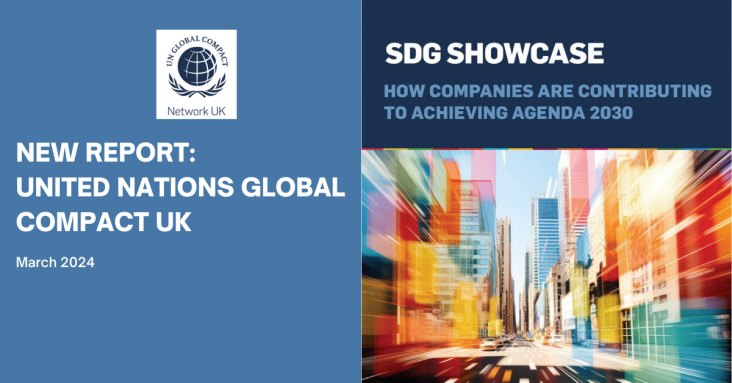
In recent years, increased expectations from investors, regulators, employees, and customers have put significant pressure on companies to increase their sustainability efforts.
The Sustainable Development Goals (SDGs) are not just another sustainability framework, but the only universally agreed blueprint to turn meaningful ambition into transformational change. However, businesses report difficulties in integrating the SDGs into their core strategies and in understanding, reporting, and managing their impact on the Goals.
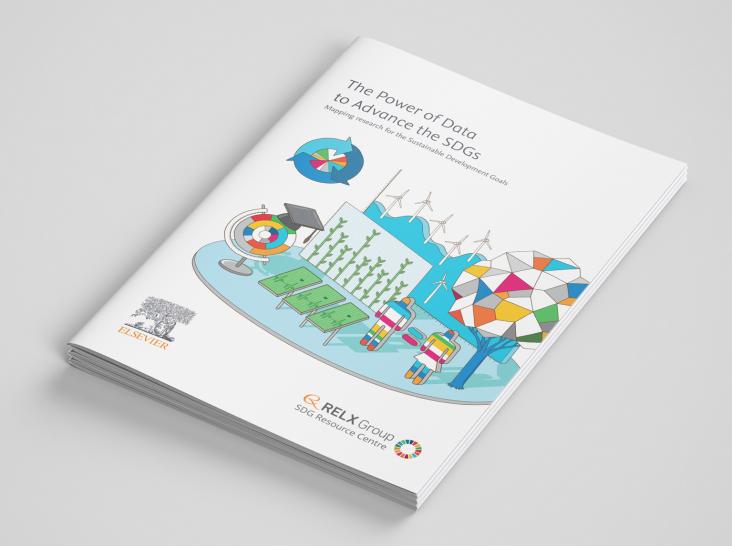
Access to information is critical in achieving the SDGs - empowering the public to make decisions, informing policy making and enabling effective implementation and monitoring. RELX businesses regularly produce and publish free to download reports and analytics that draw upon vast amounts of information and data in support of the SDGs. Explore some of the reports and tools developed to date.
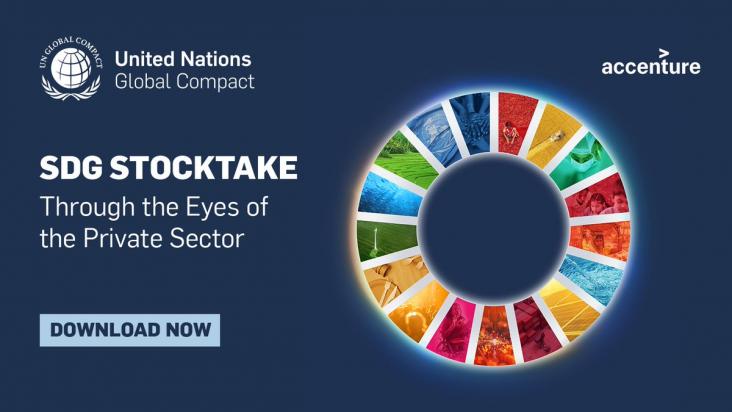
The United Nations Global Compact-Accenture Global Private Sector Stock take report report offers an appraisal of private sector contributions to the SDGs so far and outlines a clear pathway for private sector action over the next seven years.
The Blueprint for Business Leadership on the SDGs aims to inspire all business — regardless of size, sector or geography — to take leading action in support of the achievement of the Sustainable Development Goals (SDGs). It illustrates how the five leadership qualities of Ambition, Collaboration, Accountability, Consistency, and Intentional can be applied to a business' strategy, business model, products, supply chain, partnerships, and operations to raise the bar and create impact at scale. The Blueprint is a tool for any business that is ready to advance its principled approach to SDG action to become a leader. This chapter relates specifically to SDG 15.
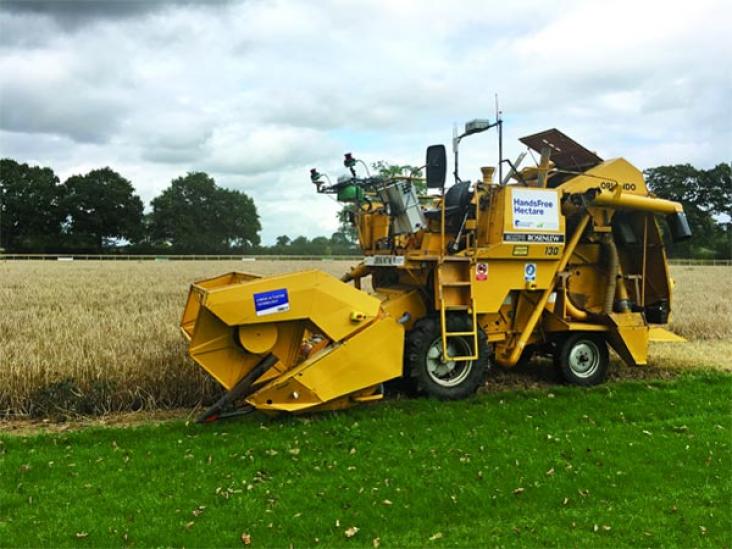
The groundbreaking Hands Free Hectare project has just seen its first harvest. This £200,000 Innovation UK-funded project by Harper Adams University with Precision Decisions has modified existing machinery to drill, sow, spray and harvest the crop without any human control. The project aims to show how automation can facilitate a sustainable farming system where multiple smaller, lighter machines will enter the field, minimising the level of compaction (SDG 15, life on land and SDG 9, industry, innovation and infrastructure).
This report offers a framework for principle-based collaboration between business, the UN, governments, civil society and other stakeholders in relation to soil management and the entire agricultural value chain. It directly supports SDG 2 and SDG 15.
This series examines trends in participation in the Caring for Climate initiative, including emissions performance of companies, as well as progress companies have made against the five commitments endorsed by all signatories in the Caring for Climate Leadership Statement. By providing this analysis, Caring for Climate seeks to remind signatories of their progress towards a building a low-carbon society and to encourage greater participation in the initiative, supporting goals 12,13,14 and 15.
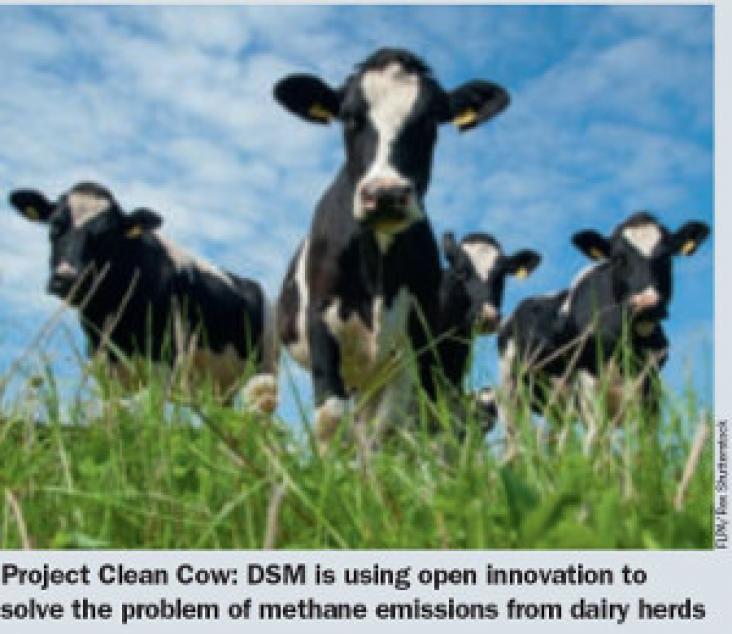
This special report focuses on getting the most out of your innovation effort. A close focus on several key areas can help. Product innovation can open up new markets for producers and enable them to maintain competitiveness in increasingly competitive global markets. This fits well with the SDG 9 of Industry Innovation, also Technology, Production & Consumption.
This report highlights the benefits for businesses of implementing adaptation activities that contribute to increasing societal resilience and attaining Goal 15.
